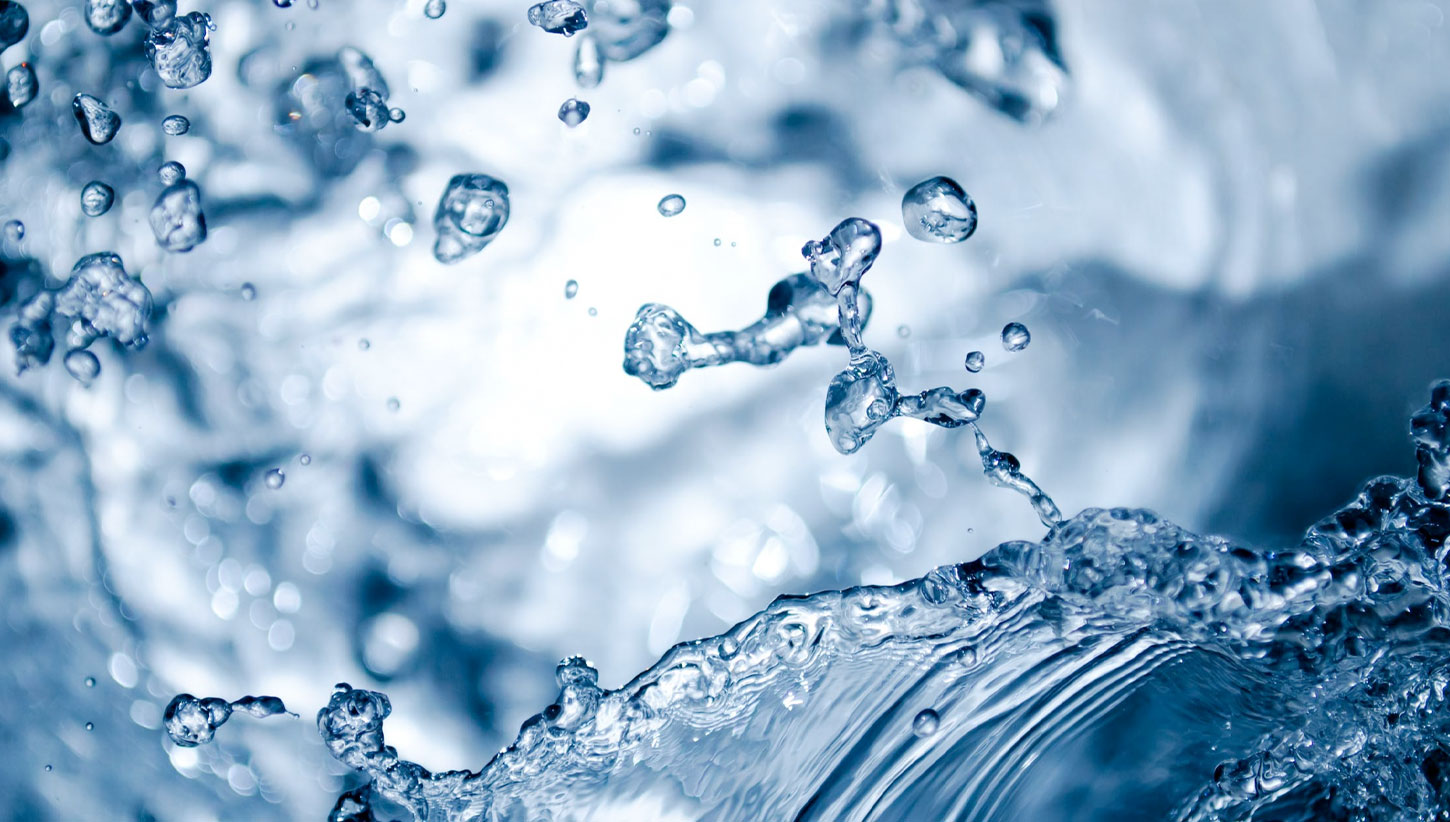Is Colon Hydrotherapy Safe?
Being an essentially natural and gentle process, there is virtually no danger with a colonic treatment. The treatment is always accompanied by a trained specialist. There may be initial discomfort due to the pressure and occasional cramping of the intestinal muscles, but this all is kept to a minimum and will reside once you get used to the process. Many patients report about a very pleasant experience after an initial adjustment phase.
Will Colon Hydrotherapy Make Me Constipated or Give Me Diarrhea?
There may occur a slight delay in bowel movements followed by a somewhat larger, easier to move bowl movement. Sometimes there may be no bowel movement for some days following a colonic. However, this is quite normal. Diarrhea or loose bowels may be experienced very rarely. This usually only last a couple of days.
Will Colonics Help if I Have Been Suffering With Constipation for a Long Time?
Constipation may successfully be treated with the use of colonics. Additional factors like diet, exercise and emotional well-being may also play a role. The process of colon-hydro therapy may aid in cleansing and healing the colon so that changes in diet, exercise, and environment may be easier. Many people find the relief provided by colonics inspires motivation and enthusiasm to institute positive changes in their lifestyle. Infusio uses an integrative approach to improve gut health which may also involve nutritional recommendations, lymphatic drainage and supplementation.
Do Colonics Wash Out Valuable Intestinal Flora and Nutrients?
The important bowel bacteria are present on the bowel wall and are not removed during Colonic Irrigation treatment, thus leaving a large nucleus to grow naturally. Good microbiota can only breed in a balanced environment. Also, valuable nutrients may be better absorbed in a clean environment than in a putrefied one.
What Effects Does Colonic Irrigation Have on the Immune System?
Studies suggest that colon irrigation might induce lymphocyte transmigration from gut-associated lymphatic tissues into the circulation, which may improve colon and immune system function. Colon-hydro therapy is not a cure-all but may present a beneficial and effective adjuvant therapy in the overall health care of a patient.
How Will I Know When the Colon is Empty?
Your colon will probably never be completely empty, as it is an organ in continuous use. With the treatment we only treat the lower part of your large intestines. As treatment s progress we may reach the upper part of your large intestines as well. This will have a synergistic effect on your intestinal system and we will indirectly treat you complete colon. The objective should not be an empty colon, but rather a well-functioning colon.
Will Colonic Irrigation Clear Up My Skin?
Your skin is your largest organ and an important organ of elimination of metabolic waste and toxins. Sometimes, if the colon, liver or kidneys are in a suboptimal state, the skin will suffer. As toxins and metabolic waste are eliminated through its proper channels again, the skin will very often clear up.

